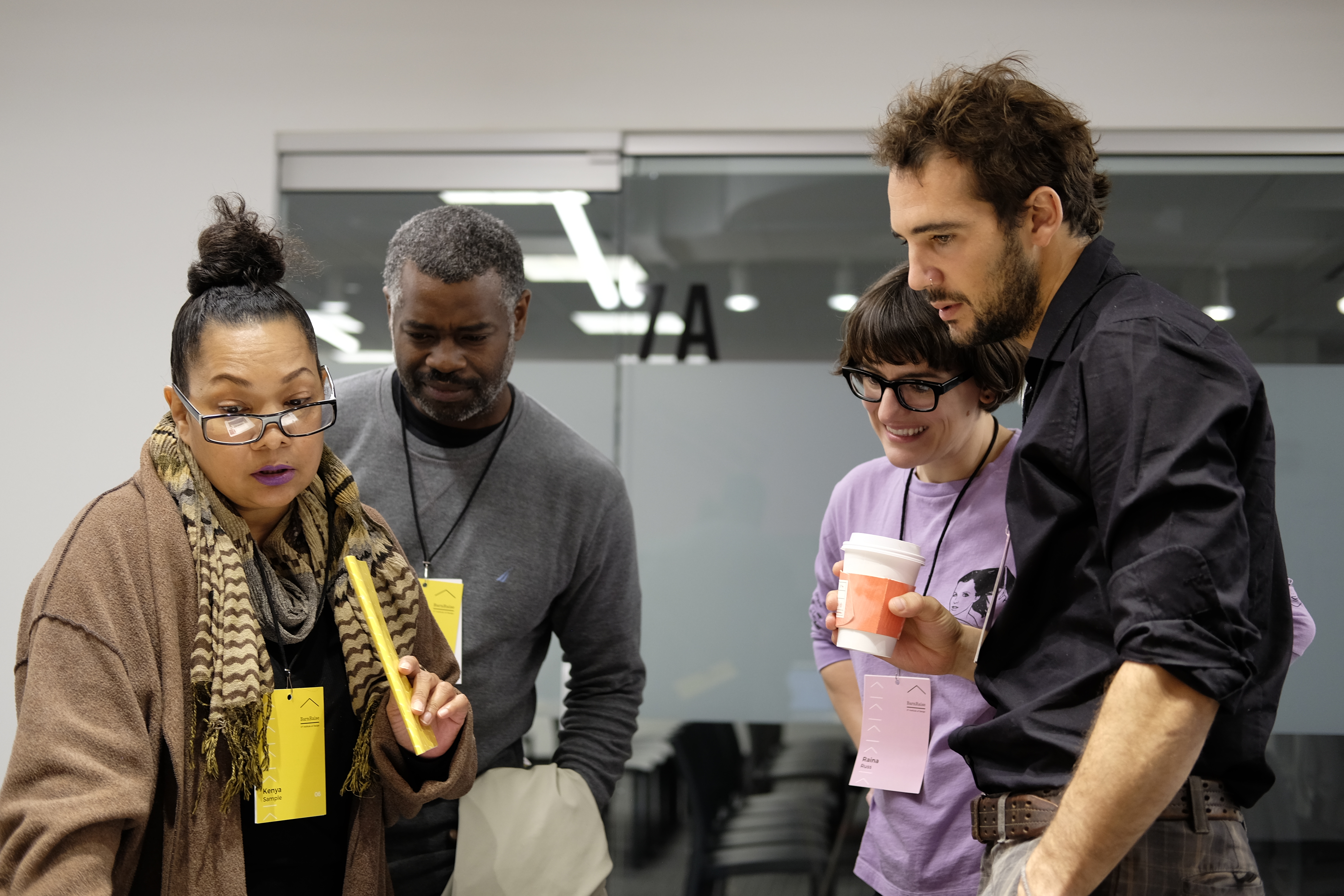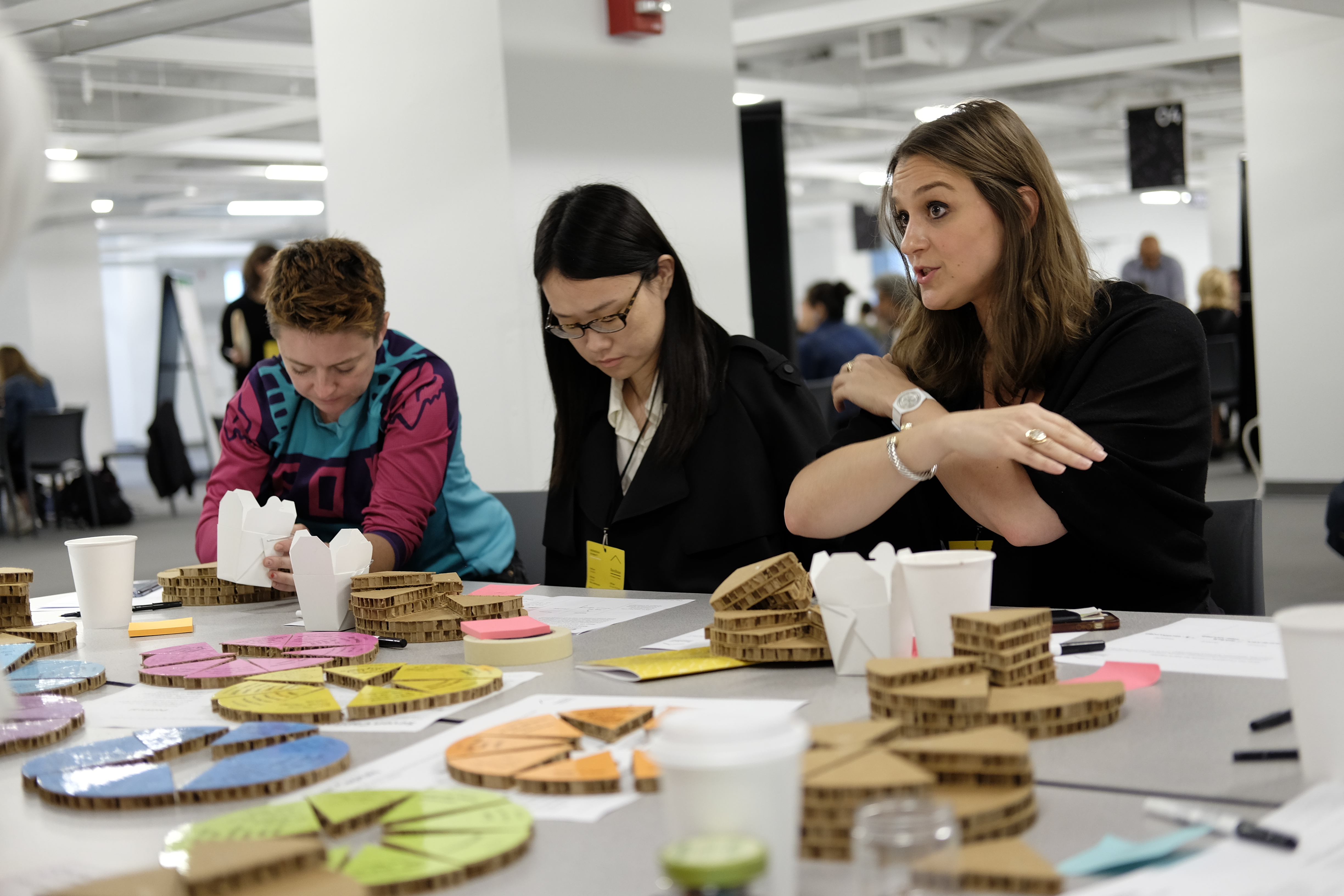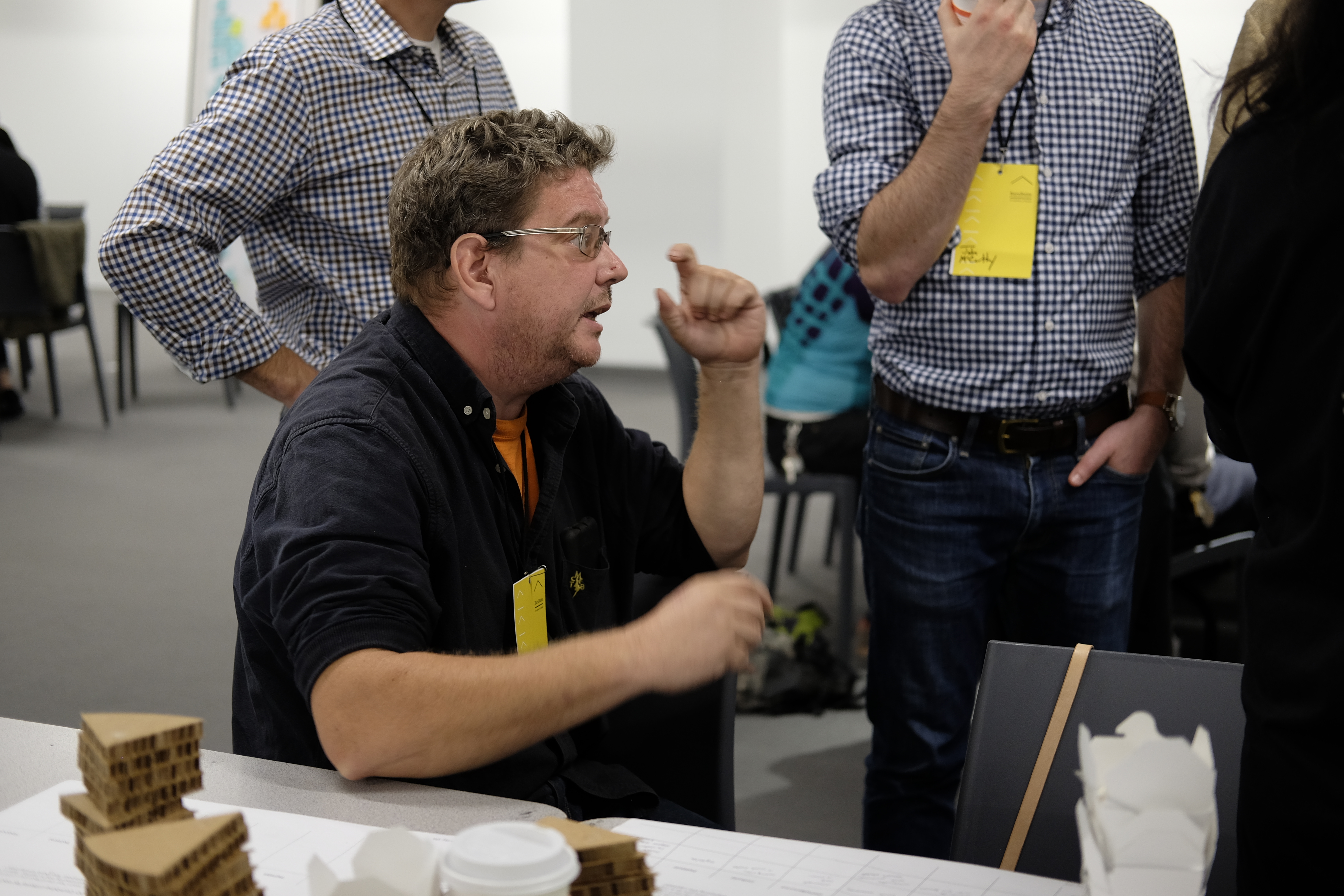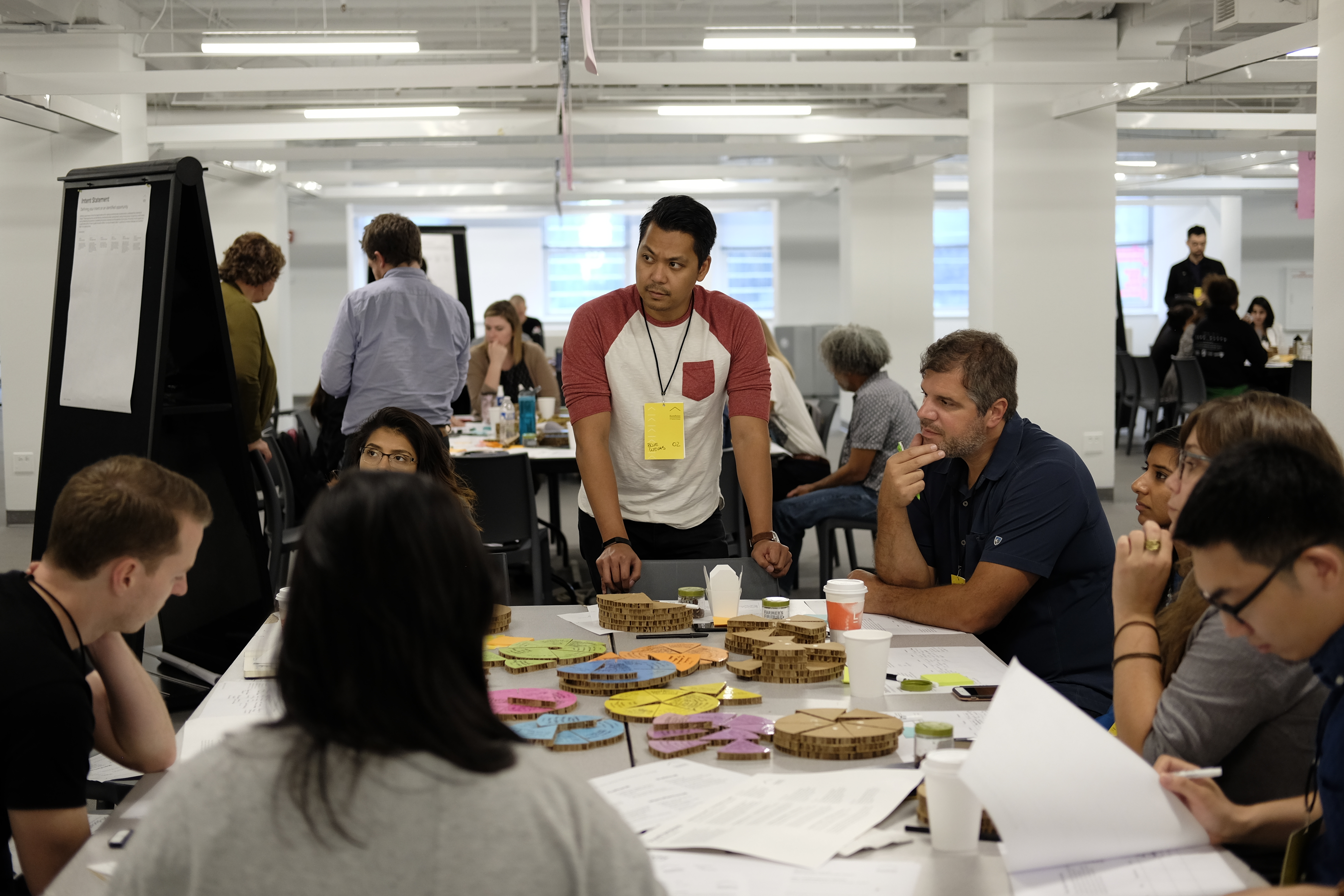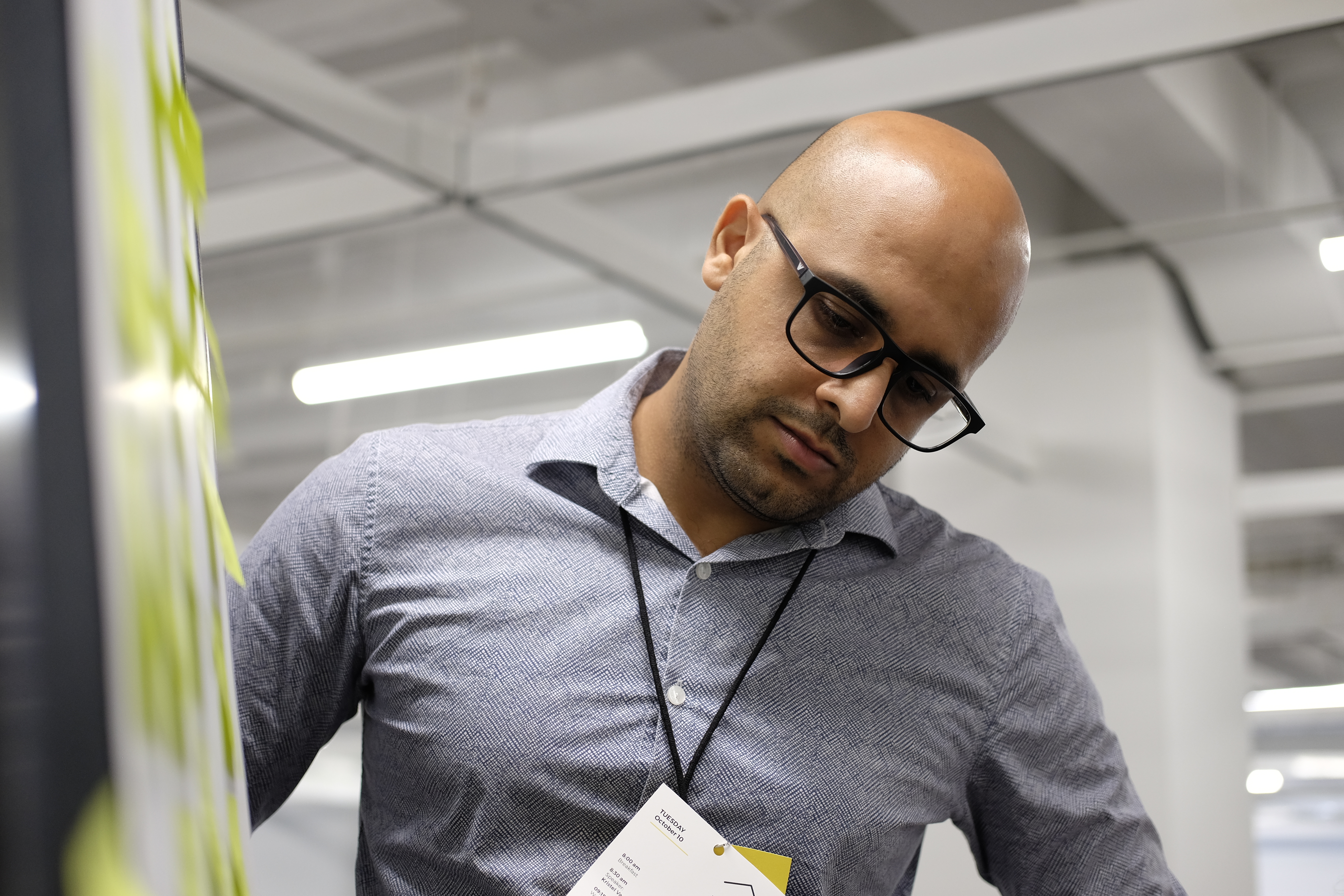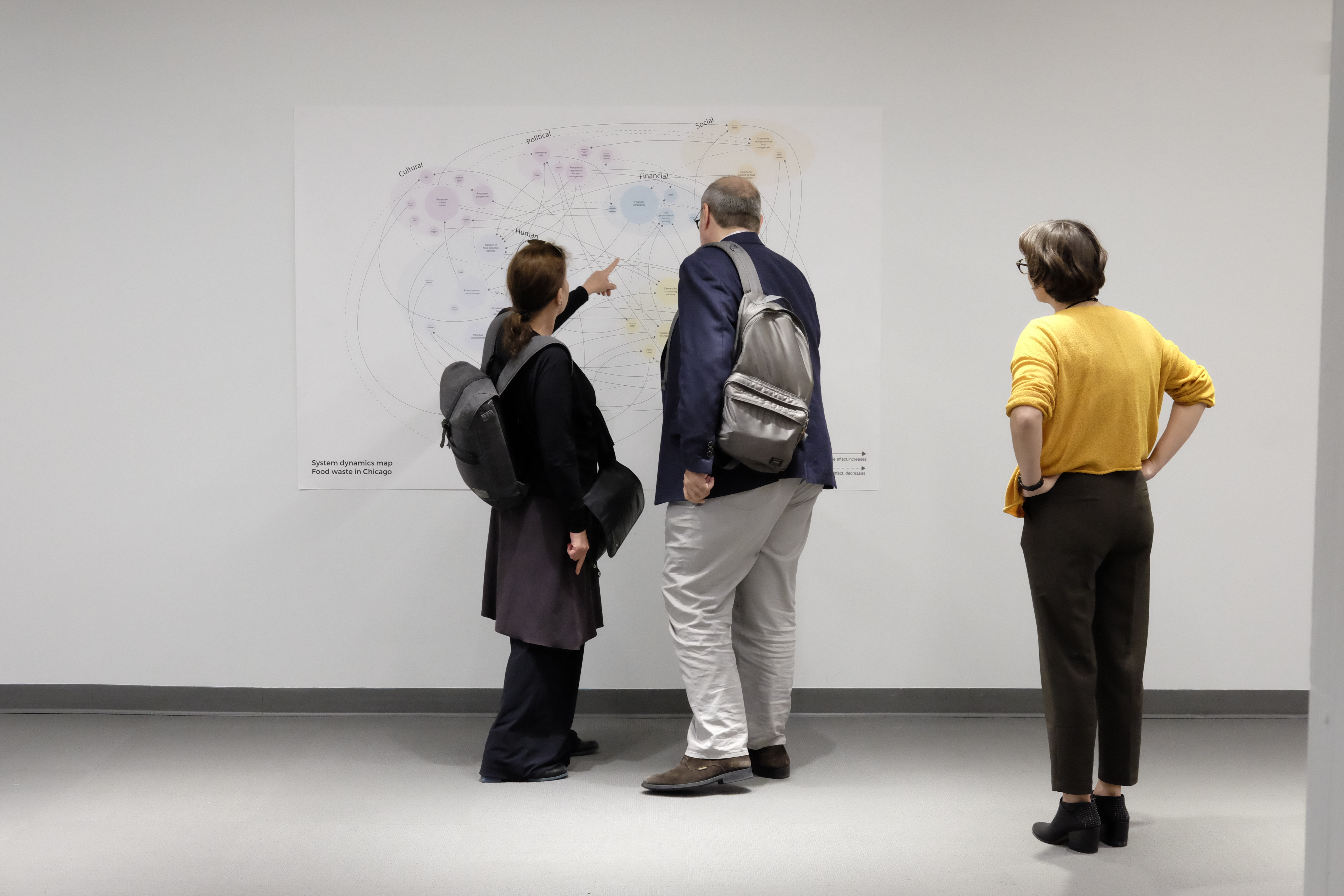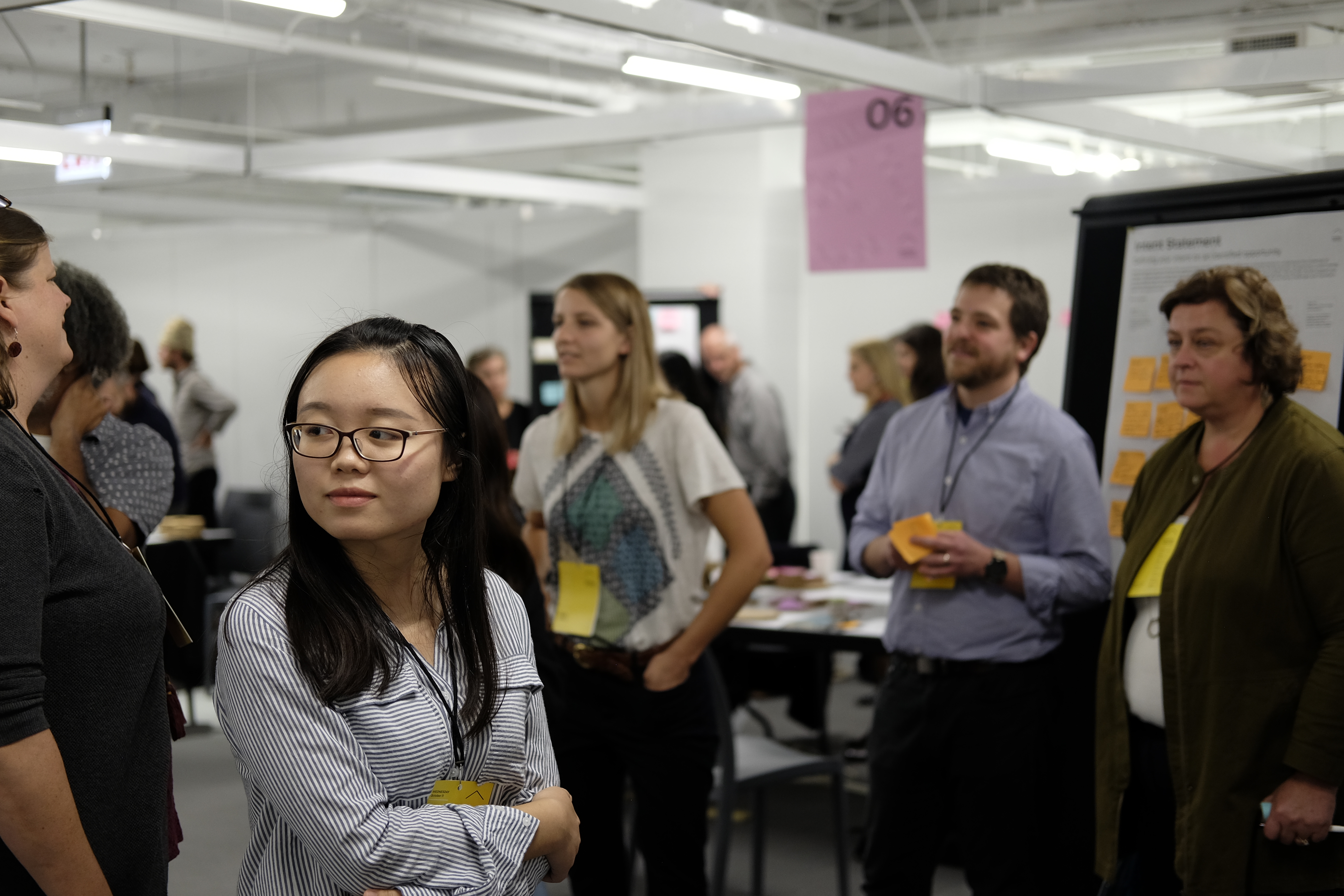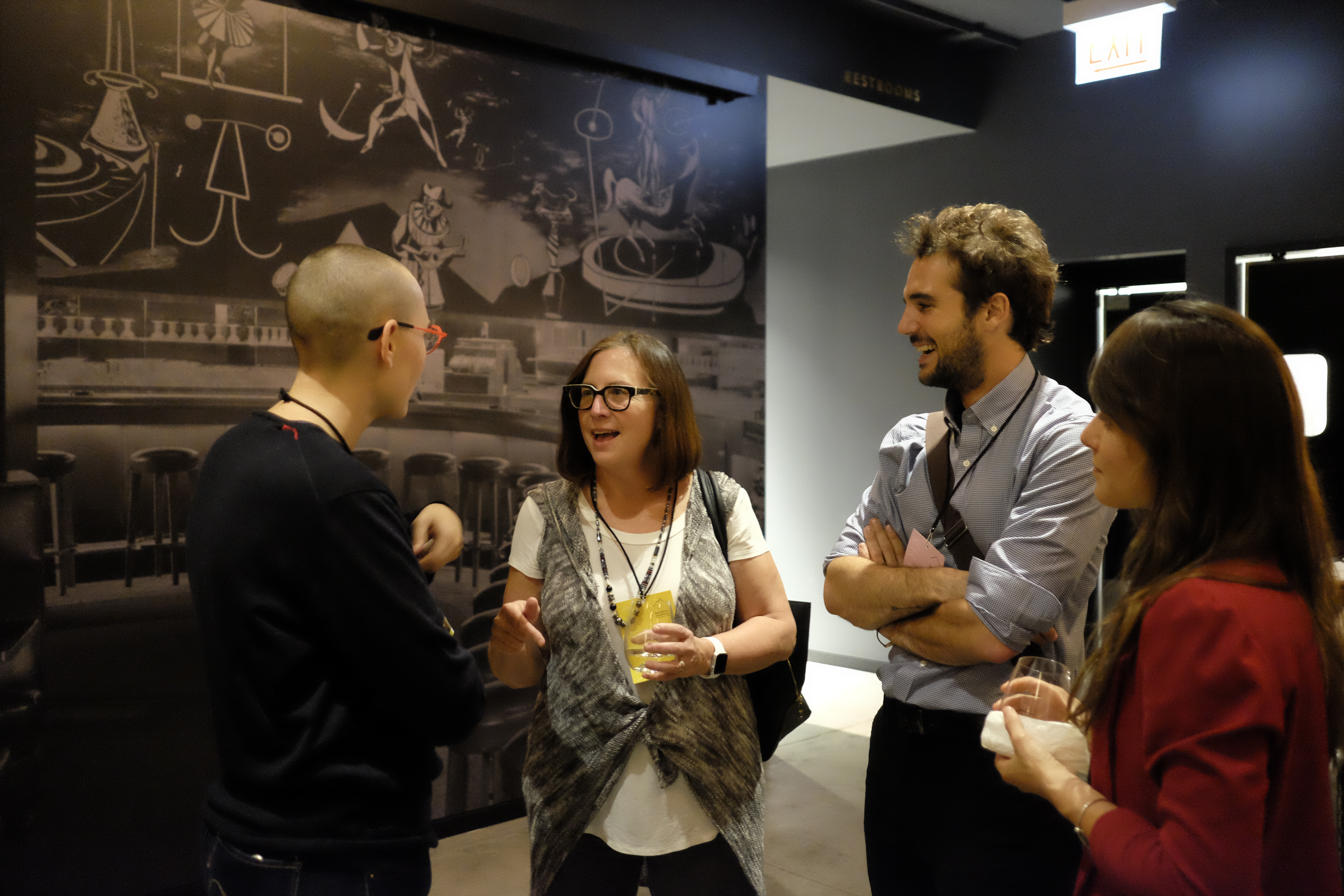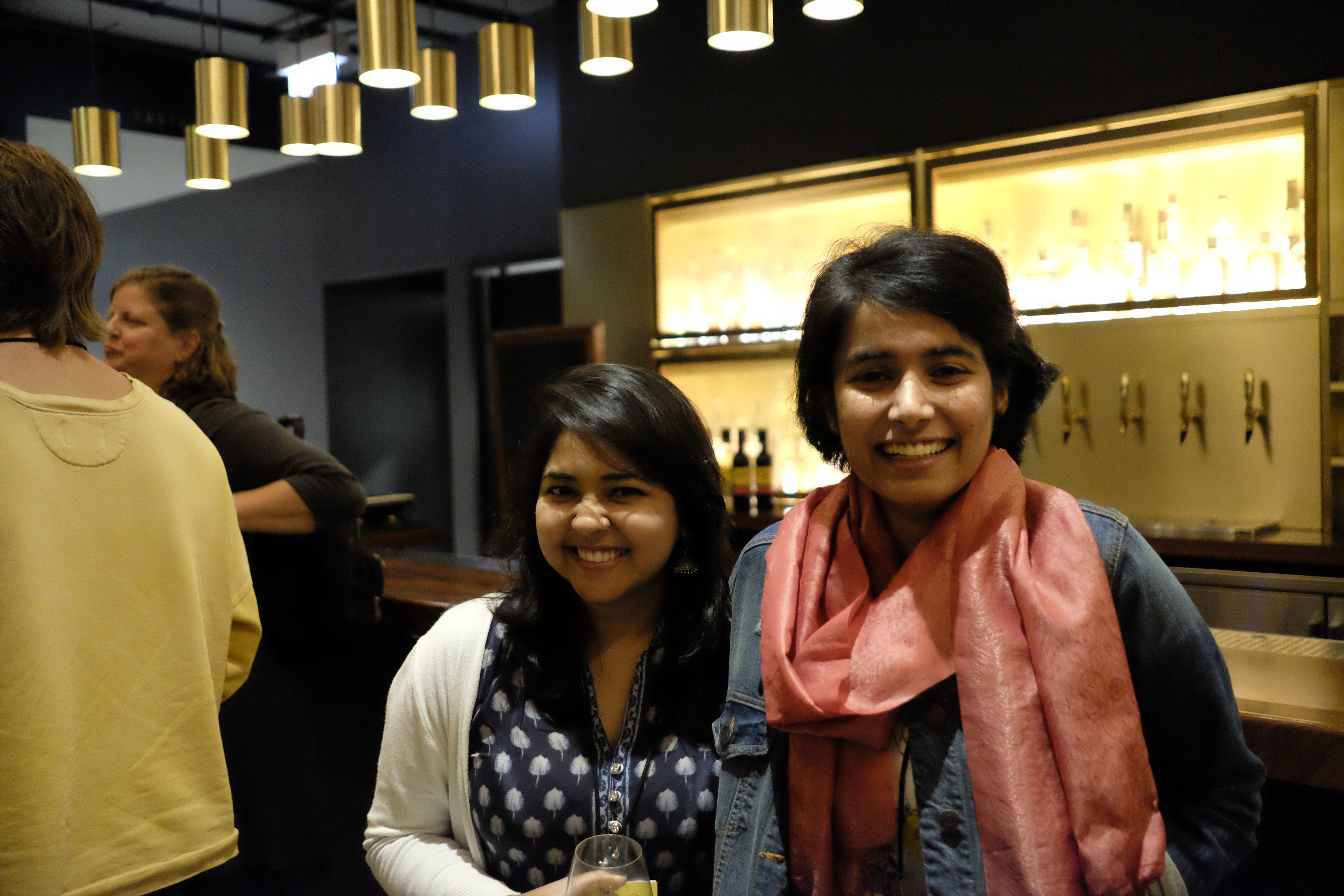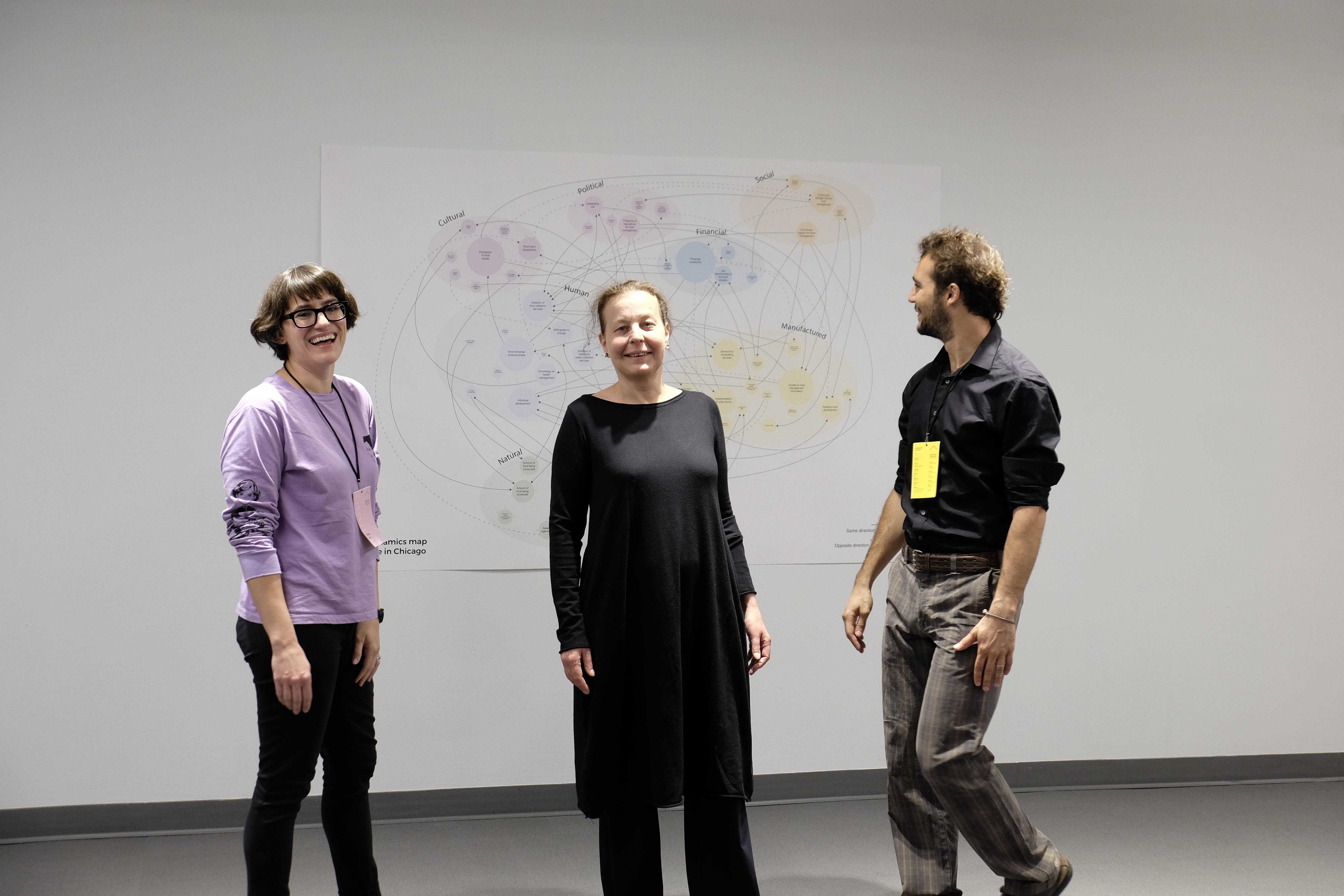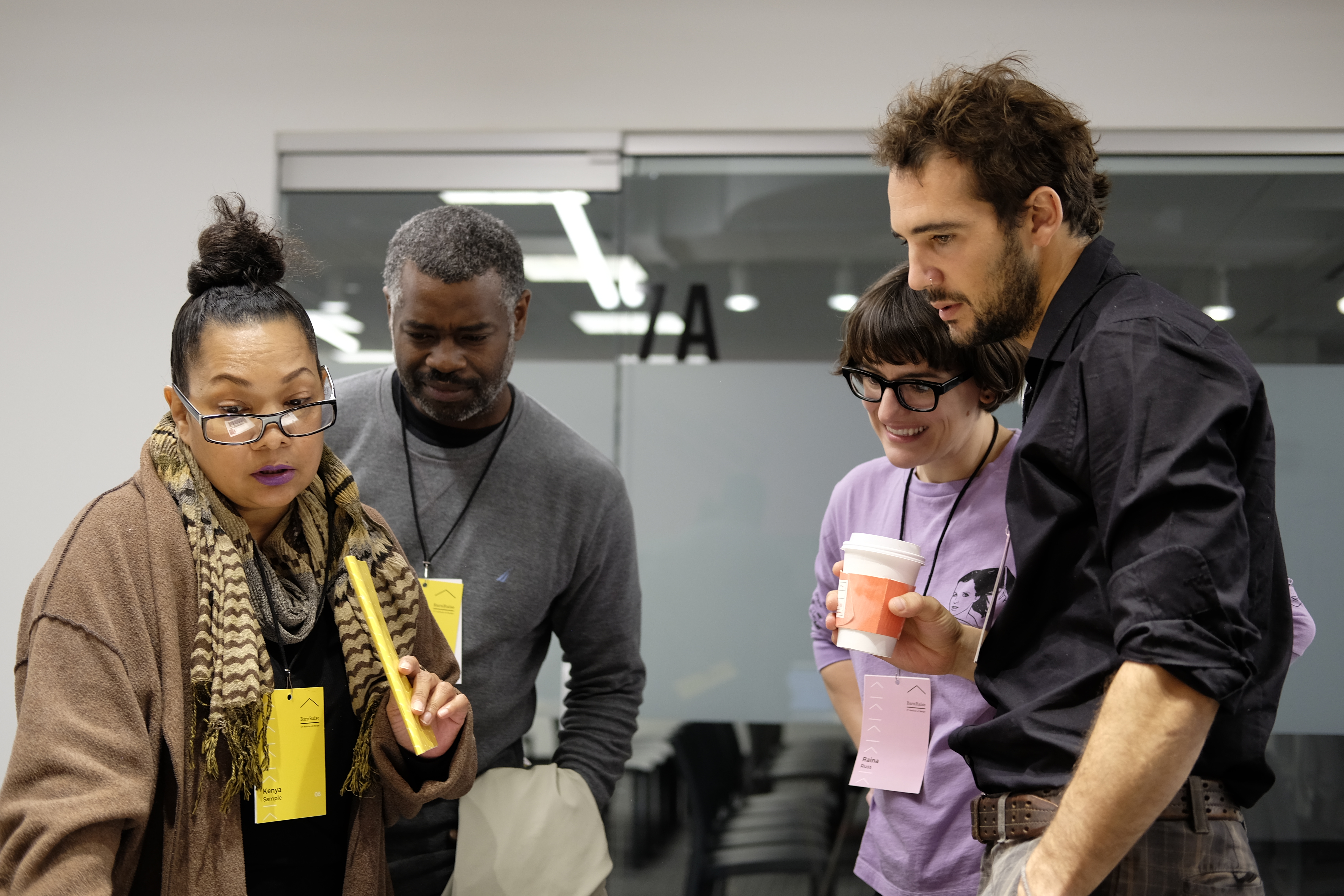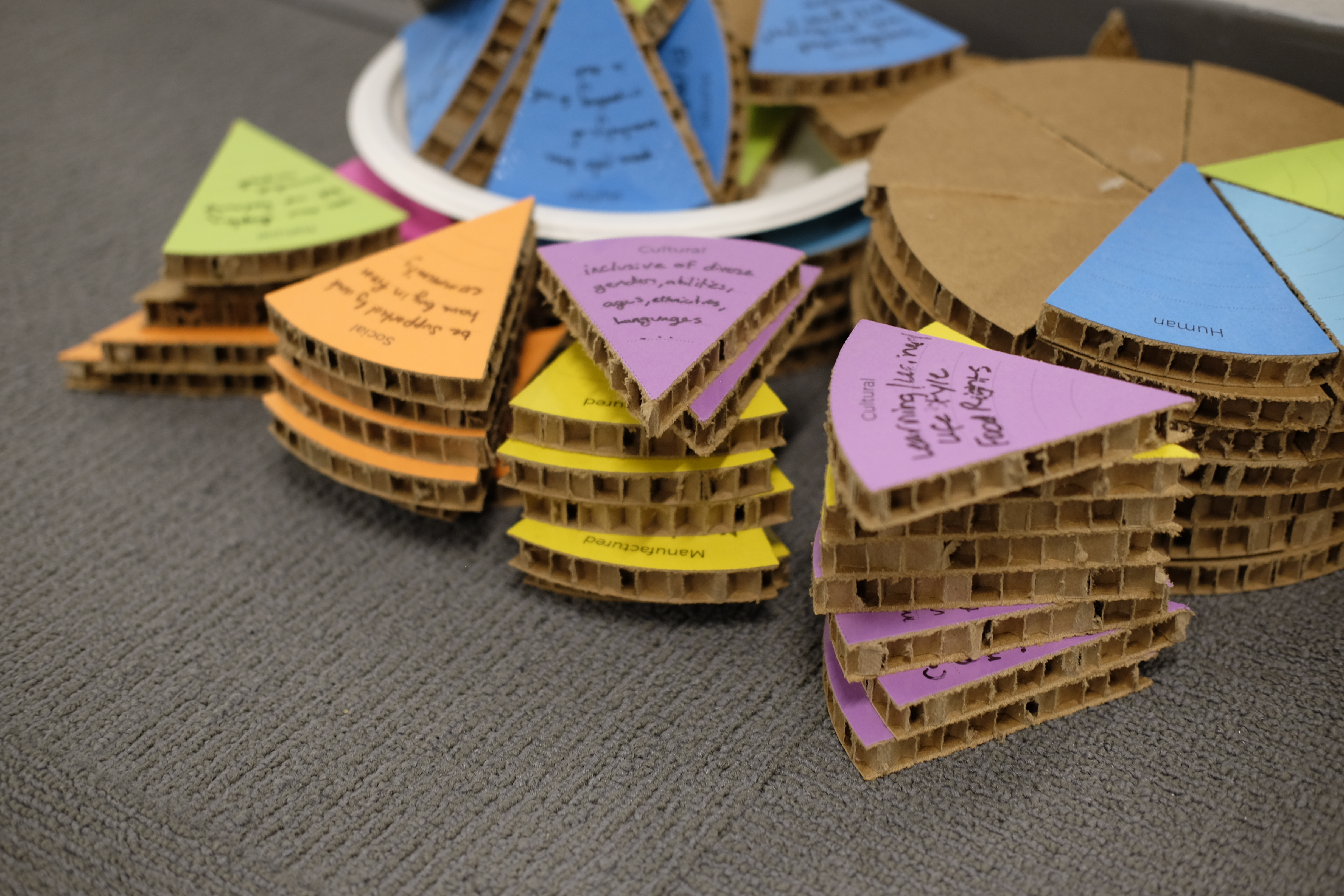It’s no secret that the food industry is in great need of reform in Chicago, especially when it comes to waste. From agricultural fields to kitchens, from markets to tables, food waste is being generated, and that has direct negative impact on many other systems, including public health and safety. These numerous inefficiencies in Chicago’s food system create a bounty of opportunities to explore different interventions and create value. Until Chicago addresses the negative impacts it is creating by avoiding sustainable approaches to food waste, large-scale systemic sustainability will remain a challenge at the city scale. Chicago’s food system must become more operationally effective and efficient, provide better services to achieve social equity, and reduce environmental impacts at every step of the food production and food consumption system.
On October 9 -11 2017, The Merchandise Mart and Whiner Beer Company at The Plant hosted BarnRaise 2017, a two-and-a-half-day impact-driven conference led by IIT’s Institute of Design (ID). Over 130 participants from 35+ organizations represented diverse sectors, levels of expertise, and domains of action across Chicago’s food system. Participants were split into ten groups and tasked with using design-focused activities to creating system interventions that would accelerate the transition towards a sustainable food system in Chicago. The event was part of a larger research project that consisted of (1) three months of design research on the topic of food waste in the City of Chicago, which resulted in a contextual report shared among participants, (2) a design brief followed by a workshop with five design firms focused on co-creation of the BarnRaise 2017 conference structure, (3) the impact-driven conference, and (4) continuous engagement and project development.
Gallery from the Impact-Driven Conference



